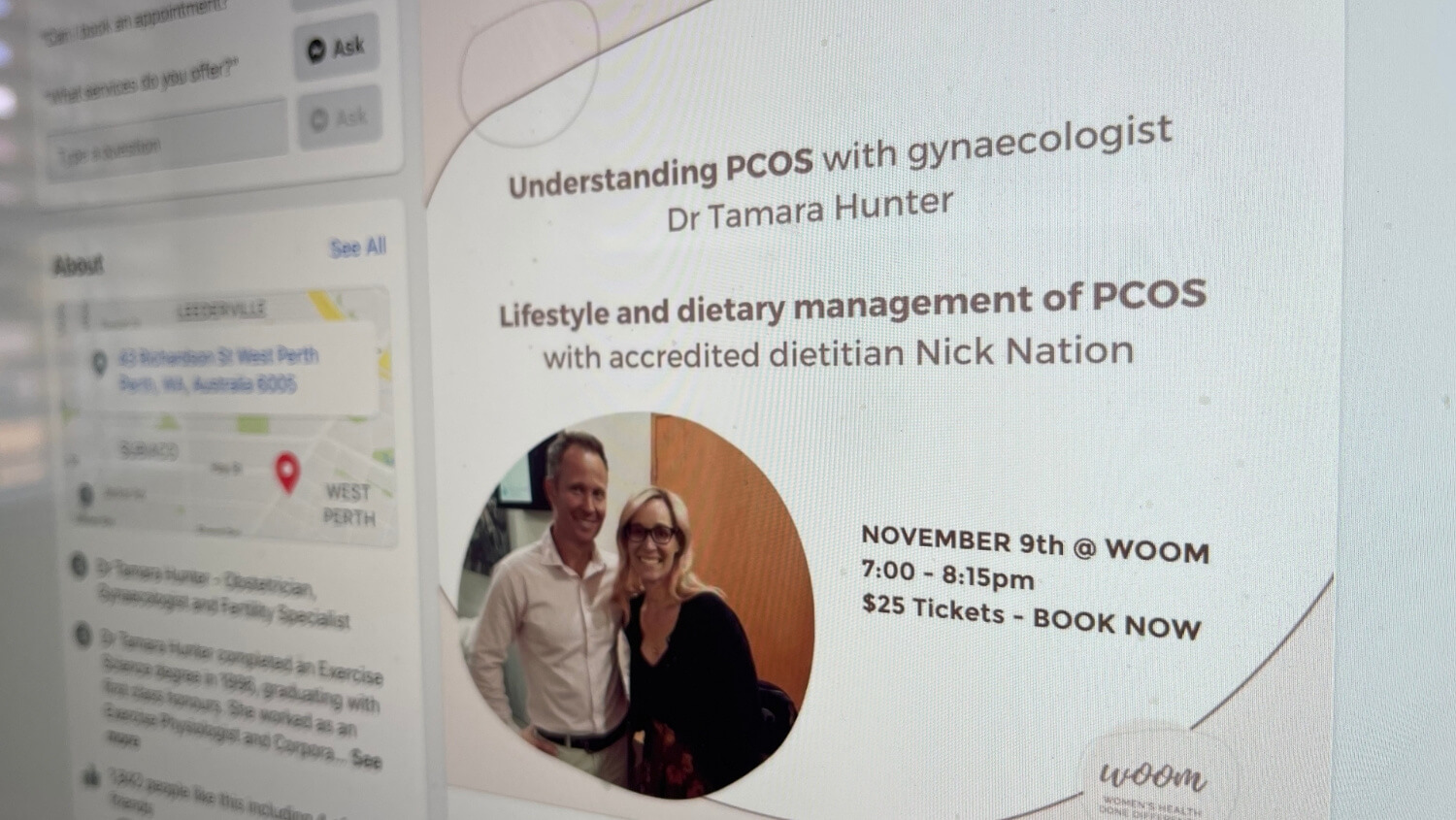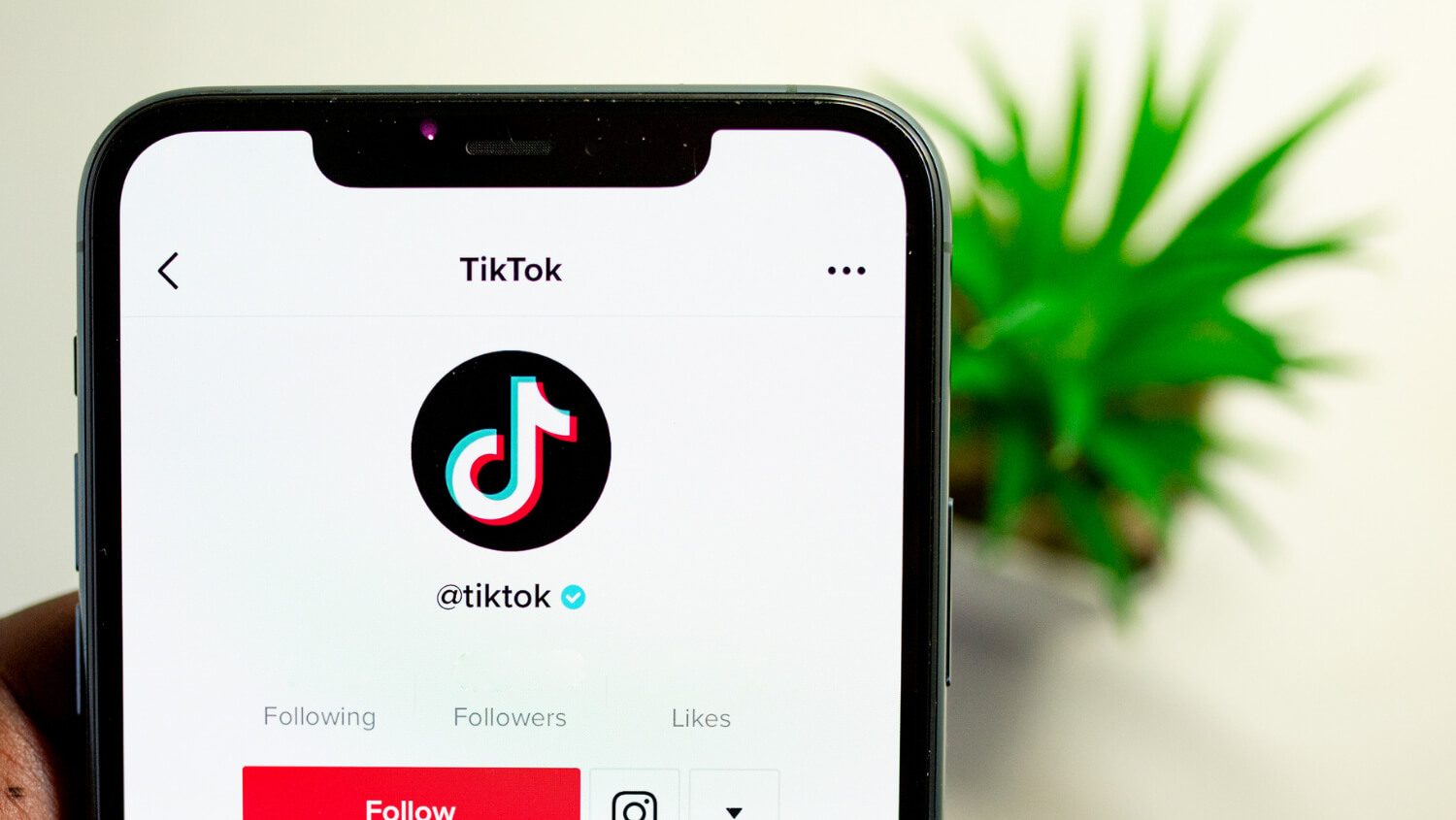Social media for doctors
4 tips to build a credible social media presence as a doctor
4 tips to build a credible social media presence as a doctor

Els Van de Veire
November 6, 2021
Should I be on social media?
Social media marketing for doctors
Personally, I have a love-hate relationship with social media. Love, because it connects people. Hate, because it disconnects people.
Wow.
Think about this: negative reviews, trolls, angry comments, memes aiming to laugh at people. These are all examples of social media gone wrong.
However, in my business as the co-founder of Digital Practice, most of my experience with social media is extremely positive.
I see doctors engage with patients, some even making a real difference in patients’ lives by offering educational content about nutrition, lifestyle choices, self-care and tips to monitor your health.
I also see doctors use social media for self-improvement. We have helped dozens of specialists and physicians create an effective online leadership profile, for example on LinkedIn. This enables them to engage with other professionals such as lawyers (about workers’ compensation), committee board members or medical event organisers to just name a few.
So should you be on social media?
Yes. The benefits still outweigh the inconveniences.
If you’re a sceptic because you’re worried about breaching rules or guidelines, then please continue reading, to go over some of my insights that I am happy to share with you.

#1 Respect patient confidentiality
social media for doctors and patient confidentiality
It is your responsibility to protect your patient’s information. You have the ethical and legal obligation to preserve patient privacy.
Breaching confidentiality can result in legal action.
When you are using patient images online, you always should obtain written and specific patient consent before you post anything. This also applies to posting in private groups, as people may take a screengrab of your post and share it publicly.
Even when you take a picture of yourself, you have to be aware of your environment. Patient information in the background may be visible. Or let’s take a look at this stock photo as an example.

If this were your photo and it was posted on your Facebook page, you could still be sued, even though the focus is on you as the physician. That’s because the patient in the background could be seen as recognisable.
And even if identifying this patient were an unintentional incident, it would still be seen as inappropriate use of social media.
Another no-go is obviously sharing patient information online. That is common sense. And yet, sometimes it happens in the heat of the moment, for instance when a patient gives you a negative review. In a moment of despair, you quickly type your response and you reveal information that is private, breaching patient confidentiality.
What to remember: Publishing an image of yourself in front of your private practice does not cause any issues. You can even publish an image of yourself with a patient as long as you have obtained written and specific patient consent. In another article, we give some examples of great use of social media for doctors.
#2 Remember who you are
Doctors’ use of social media
Many doctors have two social media profiles on the same platform; one they use for professional purposes only, and one they use to communicate with family and friends.
Here’s the catch. While you may believe your professional and personal profiles are totally separate, in reality they are often connected at a deeper level through the intricate mechanisms of the platforms.
My advice is to think twice about a comment you are about to make, even when it’s on your personal profile.
Remember who you are: you’re always this doctor with a reputation to protect, no matter what profile you use.
The content you post may be recoverable and it might breach your employer’s social media policies or other policies that apply to your college, professional organisation or associated hospital group.
#3 Maintain professional boundaries
Professional boundaries in healthcare
As the AMA states in their Social Media Guide, doctors and medical students have a duty to patients and the community to maintain professional boundaries.
That’s why the AMA advises not to accept or establish online friendships with patients.
#4 Check your online reputation
Social media reputation management for doctors
Social media have been around for quite some time and you may have joined one of the popular networks when you were still a student.
Back then you may have joined groups you no longer identify with, for example, the Last Beer Standing Drinking Club or Whatever B**ch Therapy on Facebook.
Some people may check you out and find that your group memberships reflect racist, sexist or defamatory tendencies.
So what’s next?
Social media for doctors agency
If you ask me: will I get more bums on seats in my waiting room when I start using social media, my answer is firm: no. Or at least, not straight away.
What I see in my business is that popular doctors with lots of followers/friends are not just active on social media alone. Usually, they are business-savvy, investing a lot of time or money on different types of marketing strategies. The most important marketing strategy for a doctor is to have a great medical website, with Google-optimised and educational content, a superb about and contact page and an attractive home page.
That is the most important investment any doctor can make. When done well you will see a change in your turnover and your initial investment will be paid off in no time.
It’s like building a house; you can’t and should not invest in interior design when you haven’t built your house yet.
Being on social media as a doctor is the icing on the cake. When you have done your foundational work, you can invest time and money in creating your leadership profile.
So how can Digital Practice help?
We love building online leadership profiles and have found LinkedIn to be a fantastic platform for specialists and surgeons to connect and build relationships with general practitioners and other professionals such as lawyers (workers’ compensation-related enquiries).
We have created mind-blowing results by offering educational content built on our clients’ websites, sharing this content via LinkedIn to an established network of GPs and lawyers.
Likewise, we have built online profiles on Facebook, Instagram and YouTube, always in combination with a content marketing strategy on our clients’ websites.
We have built social media profiles from scratch and booked great successes resulting in great following numbers or YouTube views.
Perhaps most important is that we always focus on each individual client’s personal situation. When you ask us “Should I be on social media” the answer might be different than when I speak to one of your colleagues.
Do I believe in social? Yes.
Have I seen great results and can I give you a client reference? Yes.
Is social media great for building a leadership profile? Absolutely!
So if you want to know whether you should be on social media, the best thing to do is scroll down just a tiny bit and book a free one on one meeting with Kris, our managing director. It’s complimentary and you will get a greater insight into what medical marketing strategy is best for your individual situation. We look forward to helping you.
Obligation-free strategy session
social media for doctors
- Tags: Social media





